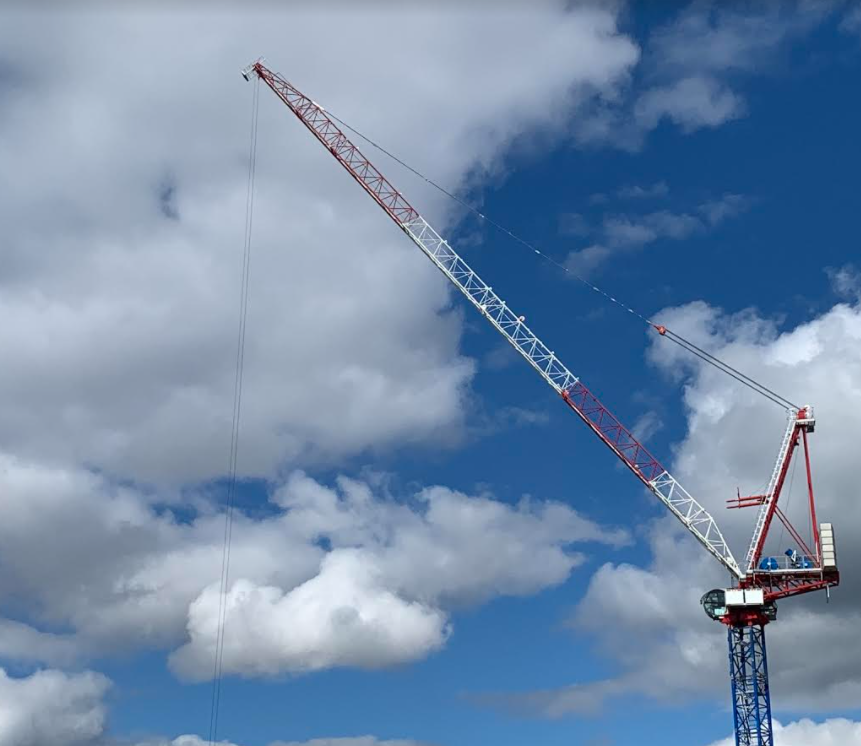A long-awaited wastewater treatment plant that was crucial to Newmarket's ability to grow in the future may be cancelled by the province.
The Regional Municipality of York’s proposed and funded wastewater treatment facility in East Gwillimbury, part of the $715-million Upper York Sewage Solutions project, has been waiting for the green light from the province for years in the face of strong opposition from the Chippewas of Georgina First Nation.
Newmarket Mayor John Taylor is urging the Ontario government to make a decision and begin work on a solution, after York Region was informed last week that the plant may not be built after all.
Without a plan, the Town of Newmarket will run out of sewer capacity, which will bring all new development in the community to a halt, Taylor said.
"At the end of the day, we are going to run out of sewage capacity in four or five years," said Taylor.
"This has been on the minister's desk for four or five years — multiple ministers, both Liberal and Conservative. We did all our work, the submission was made and was deemed complete, and it was just awaiting the minister's signature, and there has been no signature," he added.
York Region received a letter from Environment Minister Jeff Yurek advising the ministry is considering a new southern trunk sewer to transport wastewater to the existing Duffin Creek treatment plant in Pickering instead of building a facility in East Gwillimbury.
First proposed a decade ago, the system would have pumped out an additional 47 million litres per day of treated wastewater into the Lake Simcoe watershed to accommodate growth in Newmarket, East Gwillimbury and Aurora.
The project's environmental assessment was completed in 2014, but construction continues to be stalled.
Taylor said it's crucial a project — whatever it is — moves ahead.
"I will take any conversation or proposed action as a positive. It would be better than radio silence, which has been allowed to go on for way too long," said the mayor. "I'm not sure either of these approaches can be completed in that amount of time."
The Chippewas of Georgia Island have opposed the Upper York Sewage Solutions project since it was proposed because of the impact that the treated wastewater flowing into Lake Simcoe would have on the health of its members and protected Indigenous rights to fish and hunt.
Taylor said the Chippewas' opposition to the project is likely what convinced the government to instead look at sending the sewage to the Duffin Creek plant, which discharges into Lake Ontario.
Minister Yurek noted in the letter that his office received "comments" from the First Nation this summer that it is considering, however, no final decision on the project has been made.
If the opposition caused the government to explore an alternative, no one told the Chippewas. According to environmental/bylaw coordinator Brandon Stiles, the First Nation learned about the government's new direction from media reports.
"We are not aware of any of the changes that have been made about possibly moving the project to Lake Ontario ... we've had no direct contact with the ministry about this," said Stiles.
"We have reached out to the ministry for more information, but they delegated the response to York Region. The response said they are happy with their consultation efforts, and that's kind of where we stand."
The chief and council are currently considering their official response to the possibility the project has been cancelled, Stiles said.
He added the situation is emblematic of an ongoing problem of the First Nation not being consulted about the project.
"We continue to be angry about the consultation issues. It was decided behind closed doors to have (the new plant's discharge go) into Lake Simcoe, and now we are finding out through media and not the ministry that it could be potentially being moved back to Lake Ontario," he said.
"The duty to consult is still a glaring issue. There was no consultation on moving it to Lake Ontario; it's just, put it here, put it there, put it here, put it there. And then they deal with us after the fact."


